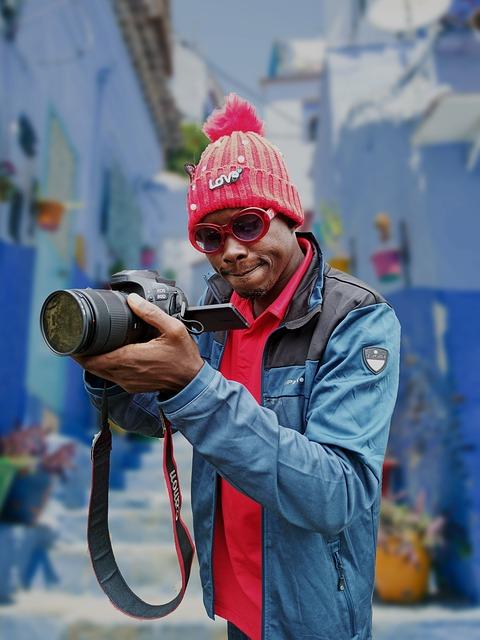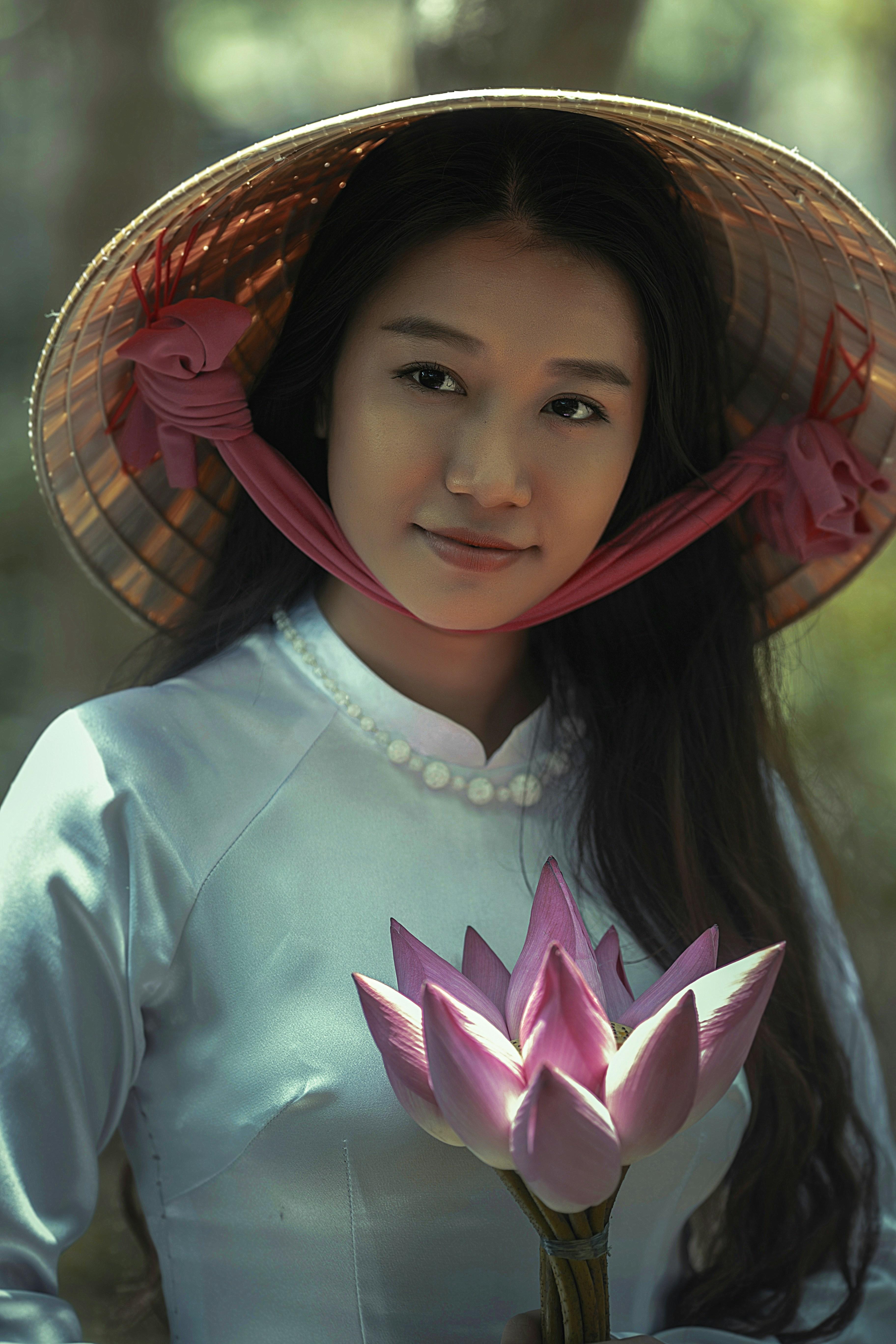In the dimly lit theaters of international film festivals, where the silver screen flickers with stories waiting to be told, a revolution is quietly taking place. The rise of women filmmakers is not just a trend; it’s a transformative wave reshaping the cinematic landscape. From the cobblestone streets of Cannes to the bustling avenues of Toronto, women directors, screenwriters, and producers are claiming their rightful place in the spotlight, crafting narratives that are as diverse and compelling as the voices behind them. With each frame, they are breaking barriers, challenging conventions, and painting the world with the vibrant hues of their unique perspectives. This article delves into the journey of these trailblazing women, celebrating their triumphs and exploring the profound impact they are making on the global stage. Welcome to the new era of cinema, where the future is not just bright—it’s brilliantly, unapologetically female.
Breaking Barriers: Celebrating Female Visionaries Behind the Lens
In recent years, international film festivals have witnessed a transformative wave of female filmmakers who are redefining the cinematic landscape. These visionaries are not just participating; they are leading, innovating, and breaking stereotypes. From the vibrant streets of Cannes to the cultural melting pot of Toronto, women are making their mark with films that are as diverse as they are groundbreaking.
Key highlights include:
- Powerful storytelling that brings untold narratives to the forefront.
- Innovative techniques that challenge traditional filmmaking norms.
- Representation and diversity that reflect a more inclusive world.
These achievements are not just milestones; they are a testament to the resilience and creativity of women in the film industry. With each festival, the glass ceiling shatters a bit more, paving the way for future generations of female filmmakers to dream big and create boldly.

Spotlight on Success: Inspiring Stories from Leading Women Directors
In recent years, the cinematic landscape has been dramatically reshaped by the unparalleled contributions of visionary women directors. International film festivals have become vibrant platforms where these talented storytellers showcase their groundbreaking work, captivating audiences and critics alike. These festivals not only celebrate the diversity of perspectives but also amplify the voices of women who are redefining the narrative of cinema. From heart-wrenching dramas to exhilarating thrillers, their films resonate with authenticity and innovation.
- Chloé Zhao: Her film “Nomadland” not only swept major awards but also brought a poignant portrayal of resilience and human spirit to the forefront.
- Greta Gerwig: With “Lady Bird” and “Little Women,” she has masterfully captured the complexities of womanhood and personal growth.
- Ava DuVernay: Known for her compelling narratives on social justice, her work continues to inspire and challenge societal norms.
- Céline Sciamma: Her film “Portrait of a Lady on Fire” is a poetic exploration of love and art, earning critical acclaim worldwide.
These directors, among many others, are not just participating in international film festivals—they are transforming them. Their success stories serve as powerful reminders that the future of filmmaking is brighter and more inclusive than ever before.

Crafting Masterpieces: The Unique Perspectives Women Bring to Cinema
In recent years, the film industry has witnessed a significant shift, as women filmmakers have increasingly taken center stage at international film festivals. Their unique perspectives and storytelling techniques have brought fresh, diverse voices to the forefront, challenging traditional narratives and exploring uncharted territories. From intimate character studies to sweeping historical epics, these visionary directors have demonstrated that cinema can be a powerful medium for expressing the multifaceted experiences of women.
- Empathy and Emotional Depth: Women directors often bring a profound sense of empathy and emotional complexity to their films, creating characters and stories that resonate deeply with audiences.
- Diverse Narratives: By highlighting underrepresented stories and viewpoints, they broaden the scope of what cinema can encompass, fostering greater inclusivity and understanding.
- Innovative Storytelling: Through bold and inventive approaches, women filmmakers are redefining genres and experimenting with new cinematic forms, pushing the boundaries of the art form.
The recognition of these talents at prestigious festivals such as Cannes, Sundance, and Venice not only celebrates their achievements but also inspires future generations of women to pursue their passions in filmmaking.

Paving the Way: How Film Festivals Can Support Emerging Female Talent
Film festivals serve as vital platforms for championing the voices of emerging female filmmakers, offering them unparalleled opportunities to showcase their work and gain recognition. These events often include dedicated programs and awards specifically designed to highlight the contributions of women in cinema. Through these initiatives, female directors, writers, and producers can find the support and visibility they need to break into a traditionally male-dominated industry.
- Networking Opportunities: Festivals provide a unique environment where emerging talent can connect with established industry professionals, potential collaborators, and like-minded creatives.
- Mentorship Programs: Many festivals offer mentorship initiatives, pairing up-and-coming female filmmakers with seasoned veterans who can offer guidance, support, and valuable industry insights.
- Funding and Grants: Financial barriers are often a significant hurdle; film festivals frequently offer grants and funding opportunities aimed specifically at supporting female-led projects.
- Showcase Platforms: Dedicated screenings and panels give women filmmakers a stage to present their work to international audiences, critics, and distributors.
By fostering these inclusive environments, film festivals not only amplify diverse voices but also pave the way for a more equitable and vibrant cinematic landscape.































